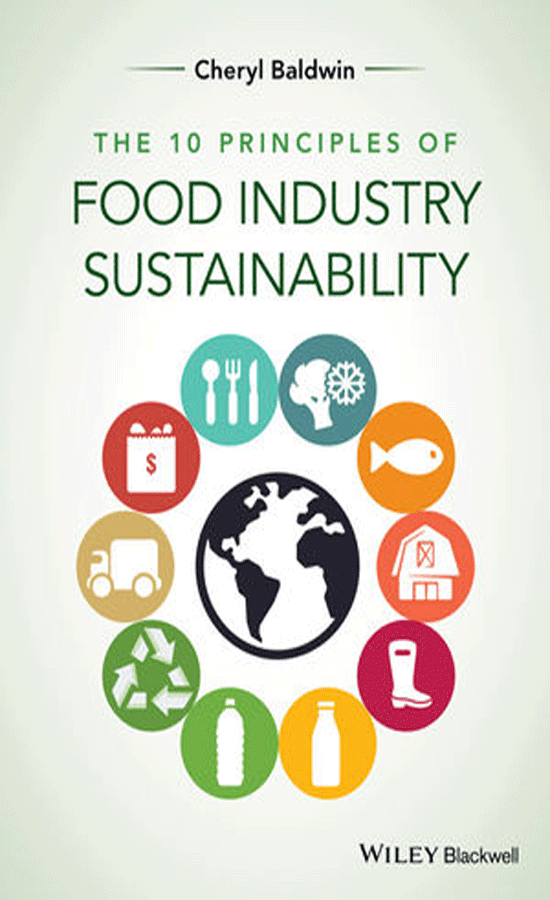Cargill and TEVA Energy LLC, have teamed up to install the largest solar energy system at a meat processing facility in California. Cargill’s Fresno beef processing plant will use solar energy to pre-heat water used throughout the plant for food safety and sanitation purposes, reducing its fossil fuel energy requirements, thereby reducing the facility’s environmental footprint. The plant already captures nearly 30 percent of its natural gas requirements from methane gathered through anaerobic digestion at its onsite water treatment ponds. The methane is currently used to heat water for the plant’s food safety and sanitation purposes.
“The addition of solar energy to preheat boiler water complements our methane gas recovery and use, which reduces our dependence on natural gas by almost 30 percent and helps us move our Fresno beef processing facility closer to being truly sustainable through our incorporation of additional renewable energy sources,” said John Niemann, Cargill vice president and general manager at Fresno. “We are continuously exploring options and taking actions that reinforce our focus on environmental stewardship and resource conservation, while serving our customers and the consuming public, and being a good corporate neighbor.”
Cargill and TEVA conducted an extensive analysis of the financial and operational viability of the project and determined it would be beneficial to both, as well as to the environment and residents of the San Joaquin Valley. TEVA and its financier, Skyline Innovations Inc., will install and own the solar system, eliminating the capital investment Cargill would otherwise need to make to gain the benefits from solar water heating.
“We’re installing cutting edge MaxG G1 and G2 polymer-glazed collectors that provide the most efficient means of collecting solar energy currently in the marketplace,” stated Remo Eyal, TEVA Energy chief executive officer. “To finance the project, TEVA and Skyline aggregate incentives with the income stream from the solar energy sold to Cargill at rates below their natural gas rates. This is a win for everyone, especially the environment, and we’re thrilled to be involved.”
Cargill’s Fresno beef processing facility is one of the largest of its type in California, producing approximately 400 million pounds of beef products annually and employing 950 Californians.
“We’re proud about what we do in this facility to produce beef that feeds millions of people every day with safe, nutritious, fresh and affordable protein, and we’ve now taken another step toward becoming fully sustainable from an energy consumption standpoint,” said Niemann. “We believe a decision such as installing a solar energy system at Fresno is simply the right thing to do.”
Source: Cargill








